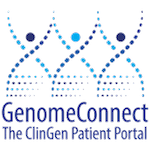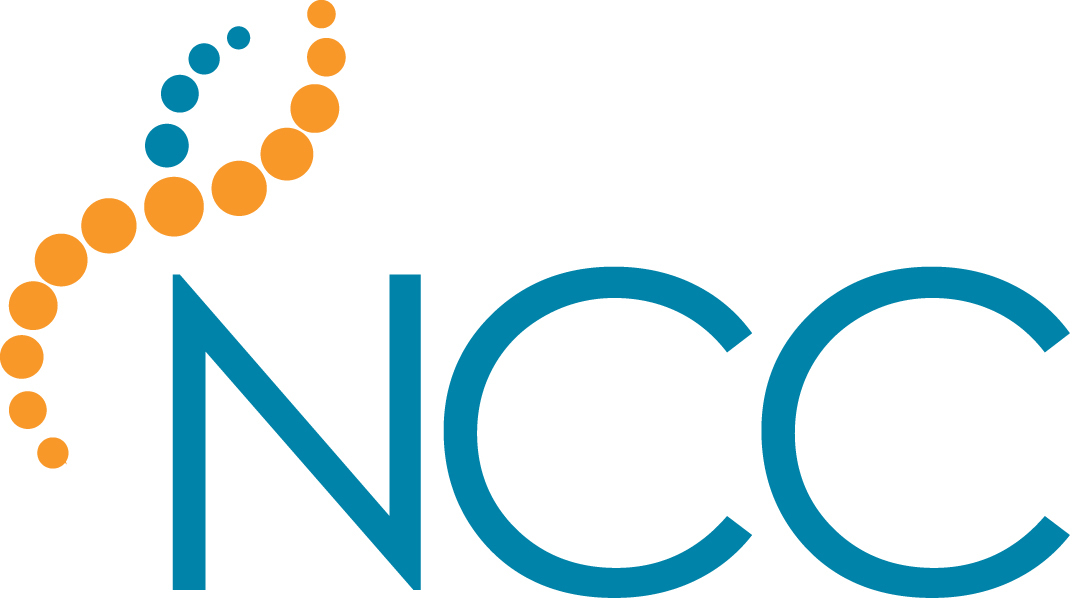Interpreting Genetic Reports
Genetic analysis depends on the test ordered. Each test has a different scope , associated with different sensitivity and specificity (Groopman et al., NEJM). Since each of us has a lot of genetic variants, the first step is always to filter the variants down to a set that can be manually curated.
The American College of Medical Genetics and Genomics (ACMG) created guidelines for this filtering process and the subsequent manual annotation, however this process varies between labs.
The Clinical Sequencing Exploratory Research (CSER) consortium publishes a Guide to Interpreting Genomic Reports: A Genomics Toolkit .
The Undiagnosed Disease Network (UDN) at Harvard provides an Introduction to Genetic Testing .
How to interpret a lab report
Reports produced by various labs might look differently, but they all contain similar information: a list of the patient’s genetic variants that the lab chose to report. The final report will include likely pathogenic and pathogenic variants (some labs also return variants of uncertain significance, or VUS) and the name of the disease associated with variants in the gene reported.
The report also lists the genes analyzed even if no reportable variant was identified. The decision about whether the disease of your patient is genetic will depend on the patient symptoms and family history, as well as the genetic variant identified by the lab. If you want more information on a genetic variant identified in your patient, enter it in Varsome.com to receive information on its prevalence and expected impact on the protein.
Online Resources
Below is a list of public websites which are useful for learning more about genetic reporting and genetic diseases.
 GenomeConnect
GenomeConnect
We highly recommend patients with a genetic diagnosis to sign up on
GenomeConnect. It will ensure that they
will be contacted if there is a change in the interpretation of their genetic
results.
![]() ClinVar
ClinVar
NIH sponsored public archive of human genetic variants,
the interpretation of the variant and the associated phenotypes
![]() GeneReviews
GeneReviews
Clinically relevant and medically actionable information for
inherited conditions.
![]() Online Mendelian Inheritance in Man (OMIM)
Online Mendelian Inheritance in Man (OMIM)
Online Catalog of Human Genes and Genetic Disorders.
 Orphanet
Orphanet
The portal for rare diseases and orphan drugs. In Orphanet you may also find whether there are physicians specialized in this
disease, translations explaining the disease, care recommendations and patients
organizations
 National Coordinating Center for the Regional Genetics Network
National Coordinating Center for the Regional Genetics Network
The NCC's mission is to improve access to quality genetic services for medically underserved populations.
